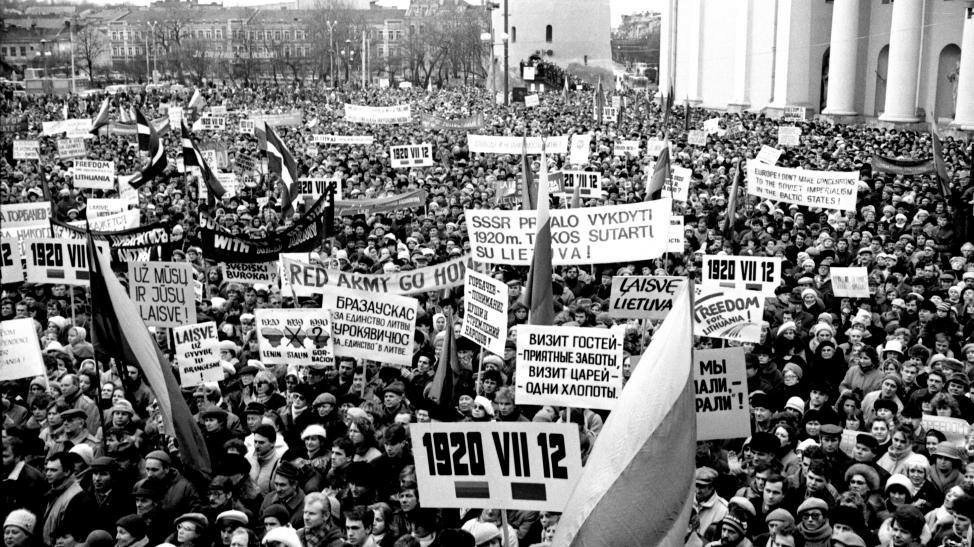/Important Achievements
BOOKS
We have translated and published over 96 texts in nearly 40 languages. Shipped from our office to locations throughout the world, distributed at no cost in consultations and workshops, downloaded free from our website, and passed surreptitiously between pro-democracy activists in repressive states, our publications have had the farthest reach of all of our programs.
Gene Sharp’s most popular book, From Dictatorship to Democracy, was first published in Burma in 1993. It has since been translated into at least 34 other languages and was used by the campaigns of Serbia’s Otpor, Georgia’s Kmara, Ukraine’s Pora, Kyrgyzstan’s KelKel and Belarus’ Zubr. One of Pora’s leaders, Oleh Kyriyenko said in 2004, “The bible of Pora has been the book of Gene Sharp, also used by Otpor, it’s called: From Dictatorship to Democracy.”
Dr. Sharp’s writings on civilian-based defense were used by the Lithuanian, Latvian, and Estonian governments during their separation from the Soviet Union in 1991. Lithuanian Defense Minister Audrius Butkevicius declared at the time, “I would rather have this book than the nuclear bomb.”
EDUCATIONAL WORKSHOPS
Since its founding in 1983, the Albert Einstein Institution has provided over 180 formal and substantive consultations to citizens in over 65 countries.
Consultations have included meetings with Kosovar activists during the ethnic cleansing of Albanians, Mexican students leading up to the Yo Soy 32 movement, and activists from Bahrain, Egypt, Iran, Libya, Syria, and Tunisia leading up to, during, and following the Arab Spring.
In 2016 alone, we provided consultations to groups working in Angola, Brazil, Burma, Burundi, Colombia, Egypt, Ethiopia, Japan, Taiwan, and Ukraine, and the United States.
Since its founding, the Institution has also provided over 35 multi-day workshops on nonviolent strategy with activists operating in 15 countries.

“ I would rather have this book than the nuclear bomb. ”
AUDRIUS BUTKEVICIUS
LITHUANIAN MINISTER OF DEFENSE
USE OF OUR WORK
Our work has been influential in many pro-democracy struggles around the world, assisting in the defense of freedom and the reduction of political violence in a number of countries.
Highlights of this work includes:
In 1989, activists and officials in Chile held a conference to honor the contribution of our publications to the nonviolent overthrow of the military junta in 1988.
In 1991, Lithuanian, Latvian and Estonian leaders credited our text, Civilian-Based Defense, with their successful nonviolent resistance to a series of attempted Soviet coups d’état. After consultations with the AEI in 1992, the Latvian government adopted civil disobedience as part of its national defense policy.
In 1992, student leaders in Thailand distributed over 100,000 pamphlets of our work to individuals opposed to the unelected Prime Minister. A nonviolent uprising successfully forced his resignation and initiated open elections. Following the open elections in Thailand in 1997, the Thai Parliament adopted a constitutional amendment that established the right for citizens to peacefully resist illegitimate governance.
After consultations with the Albert Einstein Institution in 1996, the governments of Estonia and Lithuania adopted civil resistance as a part of their national security policy. Lithuania established a “State Civil Resistance Training Center.”
In 1997, while the movement against Suharto’s three-decade rule was growing in Indonesia, our Indonesian translation of From Dictatorship to Democracy was published and distributed with a forward by the opposition leader Abdurrahman Wahid. Widespread demonstrations and military defections led to the resignation of Suharto and Wahid became the next democratically elected President of the country.
In 2000, former President of AEI, Robert Helvey, held a strategic workshop for members of the Serbian opposition group, OTPOR. After many years of organizing with little in the way of results, OTPOR was able to force the resignation of Slobodan Milosevic and install a democratic government by the end of that year. OTPOR co-founder Srdja Popovic attested that, “the book [The Politics of Nonviolent Action] was more than useful, and we have about 10,000 proofs of how it worked here in Serbia.”
Over 5,000 copies of our Kyrgyz translation of From Dictatorship to Democracy had been distributed by NGOs in Kyrgyzstan by March 2005 when a nonviolent revolution overthrew the increasingly corrupt and authoritarian President Akayev in what became known as the “Tulip Revolution.”
In 2011, news reports revealed that Egyptian activists including the April 6th Movement had been studying our publications in Cairo apartments during the months leading up to the demonstrations in Tahrir Square and the revolution that overthrew the military dictator, Hosni Mubarak.

“… by the end of the year, the Legislative council of Hong Kong later voted in favor of full democracy as demanded by protestors. ”
GOVERNMENT DENUNCIATIONS
All credit for nonviolent action movements belongs to the brave and creative activists who make them happen, but due to the long-standing influence of our publications and their popularity with grassroots movements worldwide, our work has repeatedly been denounced by authoritarian governments in an attempt to blame outside forces for domestic discontent.
Some of these denunciations include:
In 2020, President Lukashenko of Belarus denounced the protests as orchestrated by the United States: “Thus, we clearly see the subjects of this process, their middlemen and abettors. The tactics of the masterminds was built in accordance with the classic American textbook of color revolutions by well-known Gene Sharp. Now we can look back and analyze in detail all stages of the scenario to destroy our country which we, fortunately, staved off and will never let happen.” [Source]
In 2015, the Russian Senate named the Albert Einstein Institution one of the top 12 most dangerous organizations in the world and added it to an expanded stop-list of undesirable foreign organizations that the Russian government was considering banning from their territory, although the government decided not to expand the list. [Source]
In 2007, President Chavez accused the Venezuelan opposition and the U.S. of planning a “soft coup with a slow fuse” using the same methods from Eastern Europe that were created by Gene Sharp. He accused AEI of advocating the use of nonviolent resistance to manipulate civil society and destabilize governments. [Source]

